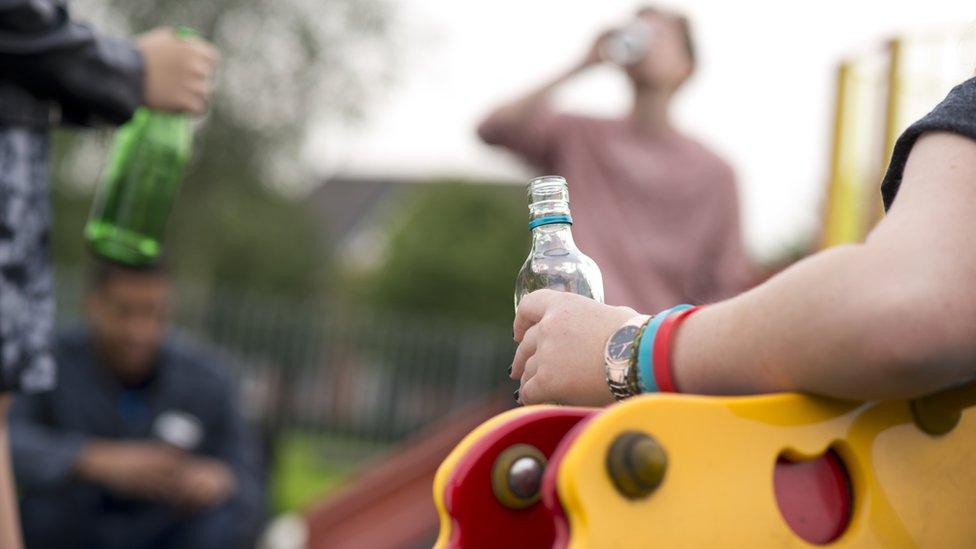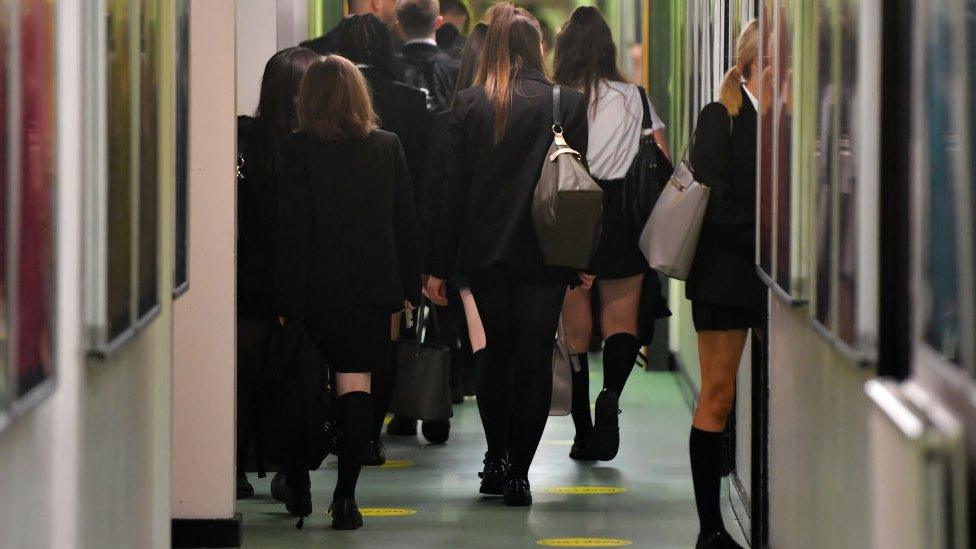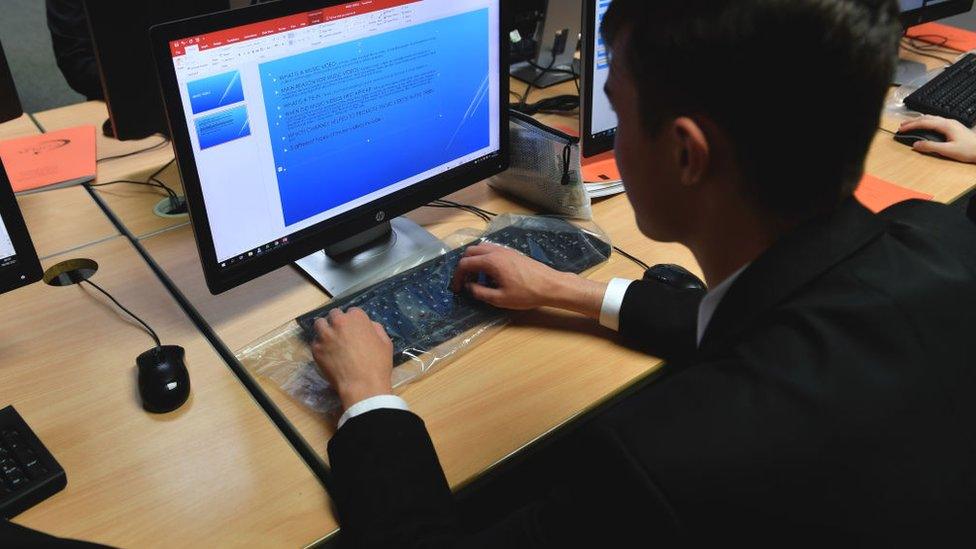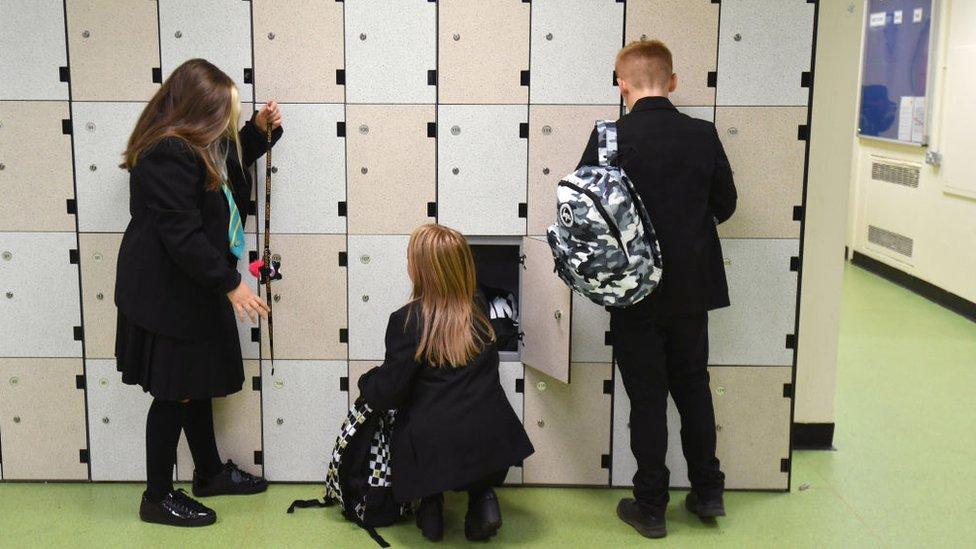What is the school 'sex survey' row about?
- Published

A Scottish government census of young people's health and wellbeing has sparked a row over whether it is too sexually explicit.
School pupils in S4 to S6 will be asked to give their views on a range of subjects from physical and mental health to bullying and the pressures of school work.
But it is a section on sexual relationships which has sparked the controversy.
So what is the row all about?
Warning: This story contains adult language.
The idea behind the census

The Health and Wellbeing Census, external is for all pupils in primary and secondary education.
Different questions and subjects, like eating and drinking behaviours and attitudes to school, are provided for different age groups.
Some of the questions, which have not been published on the government website, require specific answers while others have multiple choice options.
The government says the confidential survey will help local authorities "improve services for children and families".
So far, so straightforward...but is it?

The section for pupils in S4 to S6 is where things get a bit more tricky.
Pupils as young as 14 are asked about their sexual relationships and contraception.
One question asks: "People have varying degrees of sexual experience. How much, if any, sexual experience have you had?"
The multiple choice answers include "oral sex" and "vaginal or anal sex".
Other options include "none", a "small amount (eg kissing)", and "some experiences but no sexual intercourse".
It goes on to ask them:
How old they were when they first had sex
How many people they have had sexual intercourse with in the past 12 months
Whether they used contraception.
Older pupils will also be encouraged to give details about their use of alcohol and tobacco (S2 onwards), gambling experience (S3 onwards) and use of drugs (S4 onwards).
What has been the reaction?

Parents and carers are being asked by schools to give their view on the census, which is due to be completed during the 2021-22 academic year.
They can choose not to allow their child to take part, and the pupil can also opt themselves out.
But that has not been enough to ease the concerns of some local authorities.
At least 10 councils have decided either to withdraw, censor or review the census.
They have cited reasons including fears that some questions "would present difficulties" while other ways to engage with pupils are being considered.
The Scottish Conservatives' spokesperson for children and young people, Meghan Gallacher, said parents would be questioning the appropriateness of the topics aimed at relatively young children.
She added: "Parents know best about the emotional maturity of their child, and may prefer to discuss sensitive subjects like drugs or sex at home.
"If the SNP government need this type of information, then there are other methods to get it, through academics and smaller sample groups. Questions will be asked whether administering this is the best use of a teacher's time."
Who came up with the questions?

A national Health and Wellbeing Questionnaire Content Group was set up by the government in April 2018 "with a remit of creating a complete set of age/stage appropriate questions".
It was asked to then draw on these questions to produce a recommended set of questionnaires.
The group was made up of representatives and analysts from Public Health Scotland, local authorities, schools and Education Scotland, as well as the Scottish government.
What does the government say?

The government insists the census is confidential and voluntary.
It says it wants "all children and young people to be confident individuals, successful learners, effective contributors and responsible citizens".
It hopes the census will give a better understanding on some of the factors which influence pupil attainment and achievement.
A Scottish government spokesman said: "The census is administered by local government to provide information about the health and wellbeing of children and young people to help improve support.
"While the government has worked with stakeholders to design a set of questionnaires, it is for local authorities to determine which questions they ask."